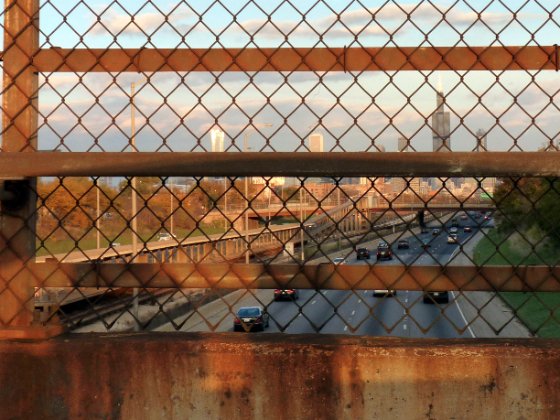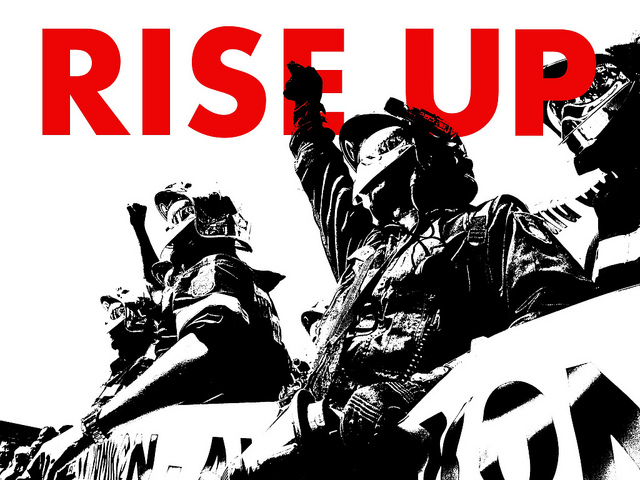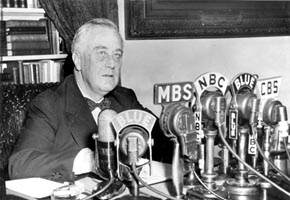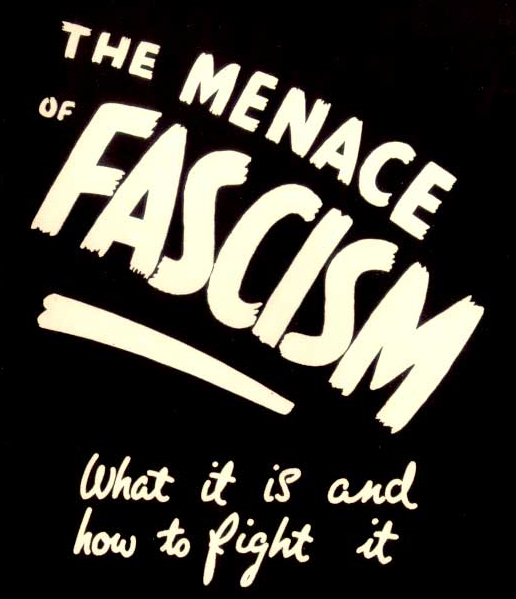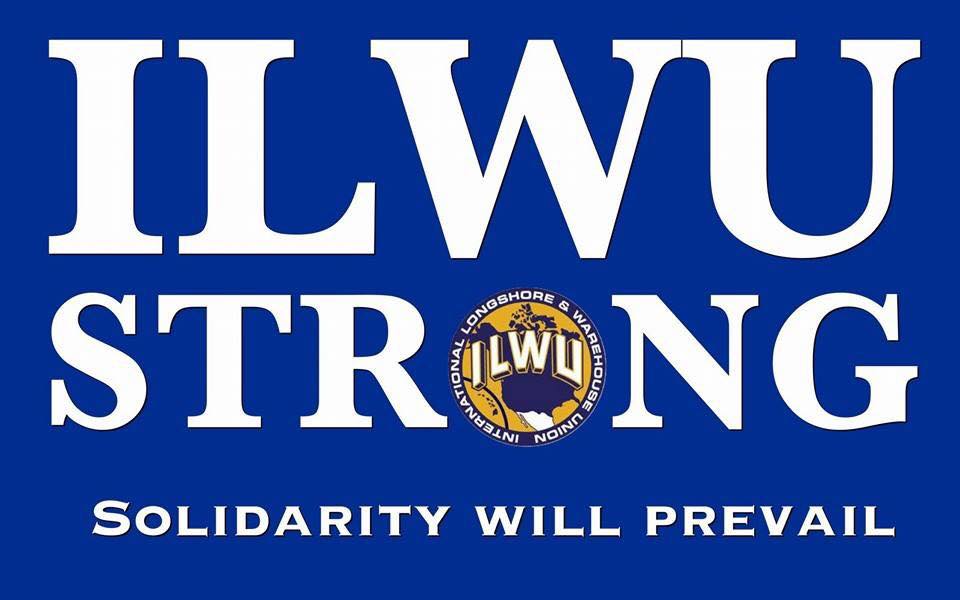
A dispute between the International Longshore & Warehouse Union and the Pacific Maritime Association has drawn the attention of President Obama, who has now sent Labor Secretary Thomas Perez to meet with the sides. It is not yet known what specific message was conveyed to the negotiators. Some have speculated that the Obama Administration is threatening to invoke the Taft-Hartley Act to reopen the ports in the event of either a strike or a lockout.
A Department of Labor press release on the matter stated the following. “On behalf of President Obama, Secretary Perez made clear that the dispute has led to a very negative impact on the U.S. economy, and further delay risks tens of thousands of jobs and will cost American businesses hundreds of millions of dollars.” It also said that the two sides must come to “immediate agreement to prevent further damage to our economy and further pain for American workers and their employers.”
This sort of talk seems a far cry from Obama’s campaign rhetoric, where he pledged to “put on a comfortable pair of shoes” himself and “walk on that picket line with you, as President of the United States of America.”
The PMA, an association of the owners of the 29 ports on the West Coast, has stepped up a media campaign to draw attention to the harm that the dispute may be doing to the larger U.S. economy. The President of the ILWU, Robert McEllrath, fired back two weeks ago, accusing the PMA of distorting the facts, threatening to close the ports and bargaining in the media instead of at the table.
“What the ILWU heard yesterday is a man who makes about one million dollars a year telling the working class that we have more than our share,” said McEllrath. “Intensifying the rhetoric at this stage of bargaining, when we are just a few issues from reaching an agreement, is totally unnecessary and counterproductive.”
The PMA on Wednesday distributed letters directly to workers at major ports from Los Angeles to Washington state that detailed what they called their last, best and final contract offer, apparently in hopes that the rank-and-file will pressure union negotiators to make concessions.
As the situation unfolds, we may get an opportunity to see whether or not the Obama Administration truly stands with the workers.
For nearly a century, the West Coast longshore and warehouse workers have stood, time and again, on the front lines of the struggle for freedom and justice. They deserve our attention, our respect and our support.
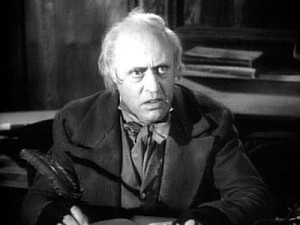 Our subject today is “The War On Christmas” and, once again, I feel compelled to note that people on the extreme edges of such discussion have more in common with each other than they do with the vast majority of us who get caught in their crossfire.
Our subject today is “The War On Christmas” and, once again, I feel compelled to note that people on the extreme edges of such discussion have more in common with each other than they do with the vast majority of us who get caught in their crossfire.